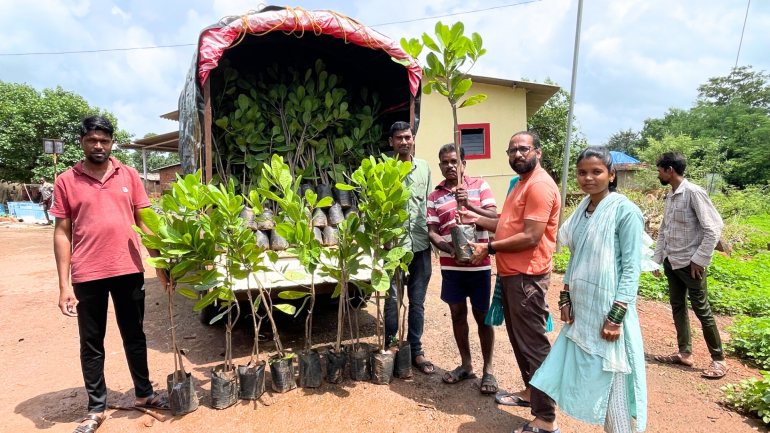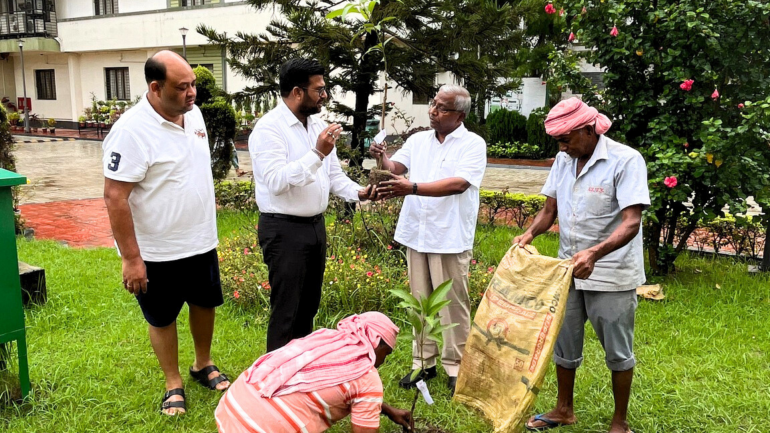How to Form Eco-Friendly Priests and Nuns?

In an age when the cry of the earth is as urgent as the cry of the poor, the Church is being challenged to form leaders with ecological awareness at the heart of their vocation. Future priests and nuns cannot treat environmental stewardship as an optional ministry; it must become part of their spiritual, pastoral, and theological identity.
The Church stands at a critical point in history. Climate change, biodiversity loss, and environmental degradation are no longer distant threats but present realities. In this context, priests and nuns of the future are called not only to be spiritual guides but also to act as guardians of creation.
The call to care for creation is rooted in Scripture, from the Genesis mandate to “till and keep” the garden, to St. Paul’s description of creation longing for redemption. In Laudato Si’, Pope Francis frames ecological degradation not only as a scientific or political issue but as a moral and spiritual crisis demanding urgent response. For future Church leaders, this means interpreting environmental challenges through a theological lens, recognizing that justice for creation is linked to human dignity and the Gospel itself.
Pope Francis’ Vision for Formation
Since publishing Laudato Si’ in 2015, Pope Francis has consistently urged that environmental care be integrated into priestly and religious formation. In his address to seminary rectors and formation delegates, he described formation as “unique, integral, communitarian, and missionary,” a vision that includes ecological responsibility as part of Christian witness. He called on seminaries and formation houses to foster a spirituality that recognizes the interconnectedness of all creation, making care for the earth a pastoral priority.
Embedding creation care into seminary curricula, Pope Francis said, can prepare a new generation of priests and nuns able to guide communities in facing environmental challenges with wisdom, compassion, and faith.
Practical Pathways
Incorporating ecological consciousness in formation requires a holistic approach. This can include:
-
Academic Formation: Courses on eco-theology, creation spirituality, and biblical ecology; theological reflection on the link between creation, humanity, and God.
-
Spiritual Formation: Creation-themed liturgies, retreats in natural settings, seasonal prayers, and meditations on the beauty of the earth.
-
Pastoral Training: Preparing seminarians to preach and teach on environmental issues and to establish parish-based ecological ministries.
-
Experiential Learning: Immersion in rural parishes, organic farms, or conservation projects; collaboration with ecological NGOs.
-
Sustainable Living: Transforming seminary campuses into models of sustainability through solar energy, rainwater harvesting, organic gardens, and waste reduction.
-
Advocacy and Leadership: Training in public theology and advocacy so that priests and nuns can mobilize parish communities for ecological action and policy engagement.
A Generation of Ecological Leaders
An ecologically conscious priest or nun is not simply an environmental activist in religious clothing. They are spiritual shepherds who understand that caring for creation is part of their pastoral mission. By leading communities toward sustainable practices, they also promote justice for both human and non-human life.
If seminaries and formation houses embrace this integrated approach, the Church can raise leaders who inspire their communities to see care for creation as a fundamental dimension of faith. As Pope Francis reminds us, ecological conversion is inseparable from love of God and neighbour: every tree we plant, every river we protect, and every life we cherish is an act of faith, a quiet homily spoken from the soil beneath our feet.
(Fr. Ashok Sandil, an Indian Jesuit from Ranchi Province in Jharkhand, holds a doctorate in Computer Science. He writes on a wide range of topics, including computer science, spirituality, leadership, ecology, and more.)












- Reply
Permalink